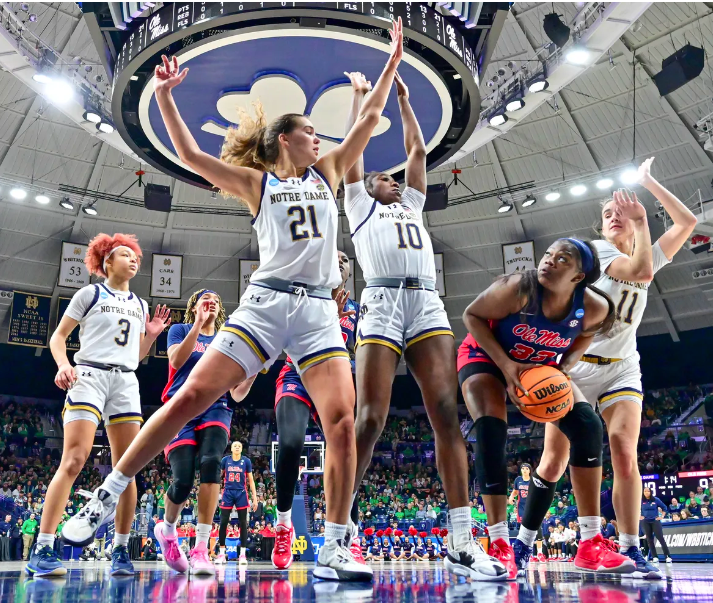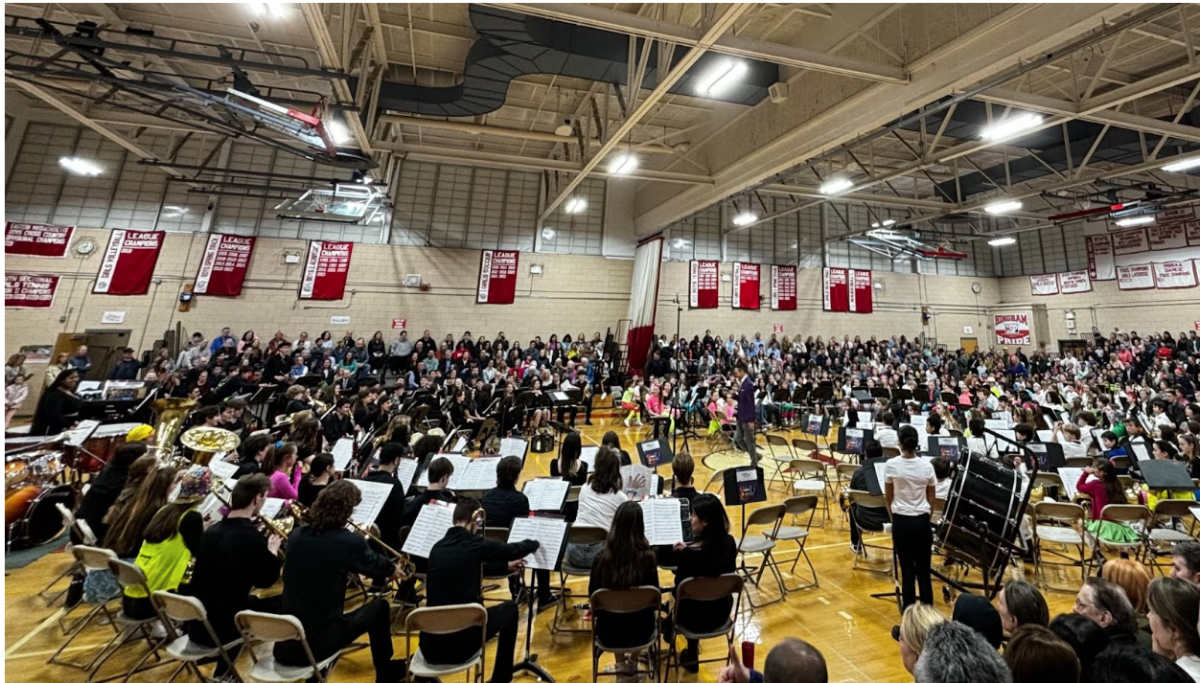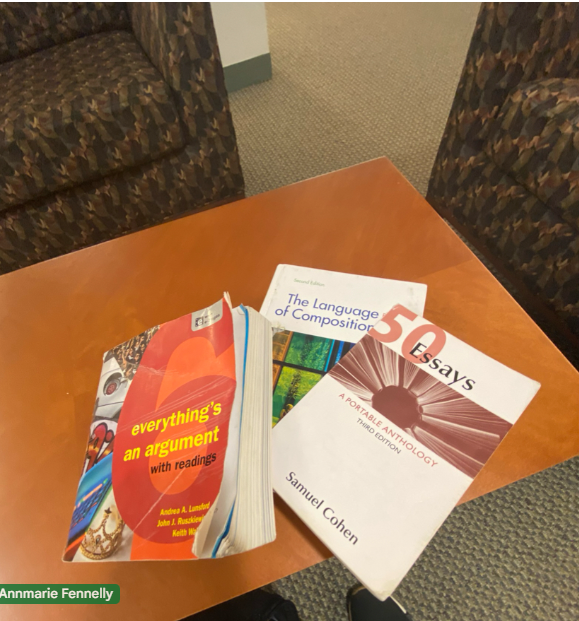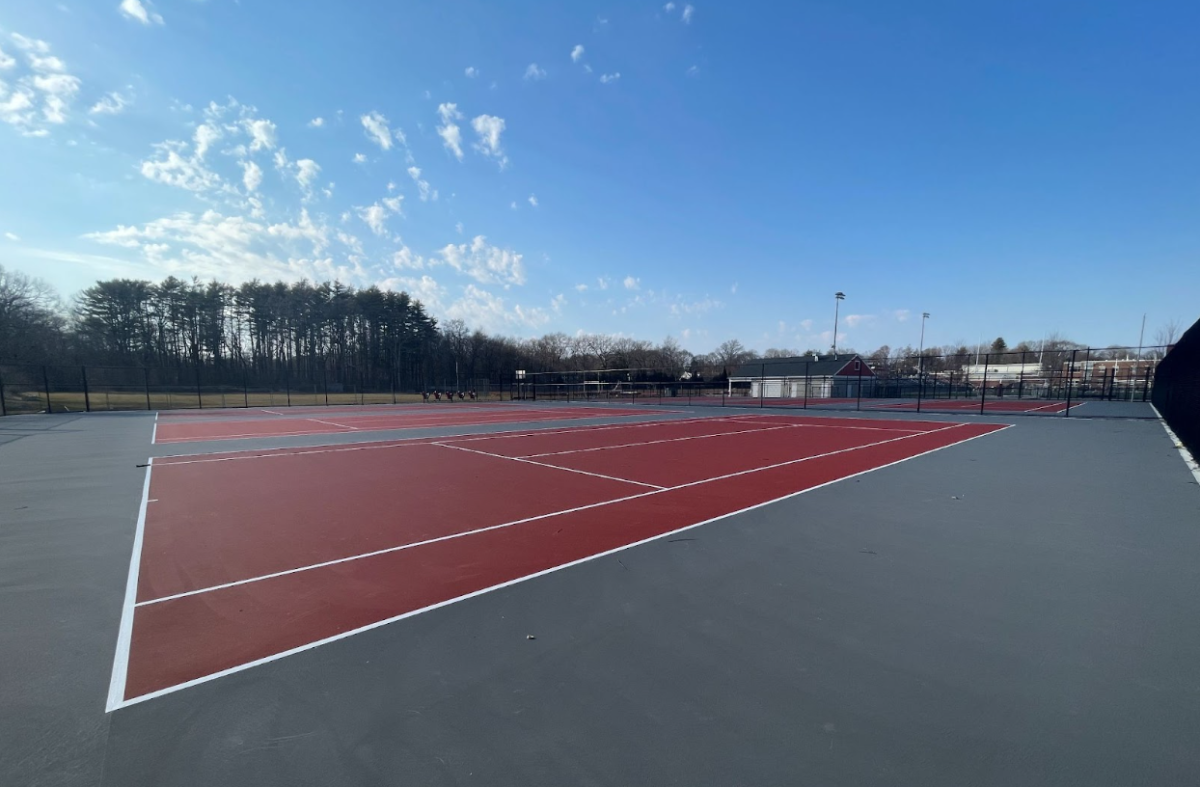With well over forty current students stretched across three different blocks, it’s safe to say that AP English Language and Composition is a popular subject for upcoming juniors to take. However, the jump to an advanced placement English course may be daunting to certain students given its perceived difficulty.
To current student Ryan Chang, “Lang is one of the best classes to learn interesting material, but it’s also much harder than others.” Nonetheless, as someone who is also taking this course, I can say that it is a lot different than what I thought it would be when I chose to take it.
Regarding the curriculum, the most daunting factor of the class is the timed essays. Per term, expect to write about five essays, four of which are in-class essays while one is a take-home essay. The timed essays are usually structured as follows: ten minutes to analyze a prompt, read provided material, or plan out your paper with an additional forty minutes to draft the essay itself.
In all reality, coming from honors literature where a good majority of the essay writing is take-home, such a new structure was honestly intimidating to me at first. However, at the same time, Ms. Jope gives you a lot of feedback on your essays and the initial anxiety about the timed essays lessens dramatically once you write one or two of them. The style of essay you write for the in-class essays differs every term.
In the first term, we wrote rhetorical analysis essays where we would be provided a speech (usually from a political speaker) and be tasked with analyzing how the author appeals to an audience to convey certain ideas or themes. In term two, we wrote argumentative essays which provide you with just a question with minimal information and you must use your own outside knowledge of politics, literature, science, etc to provide evidence.
Essentially, you use your knowledge to form your essay, so if you have interests in history or politics, such background information becomes helpful when writing. In addition, I find that if you are taking AP US History in addition to this class, the history you learn can be used as good evidence for these argumentative essays. Finally, in term three we are writing synthesis essays. These essays, put simply, are just in-class DBQs where you are provided documents to use as evidence for a given prompt.
For the one take-home essay every term, you write personal narratives. Usually these are based upon the literature you are already reading in class. Overall, I think that while these timed essays are alarming at first, the class does become really rewarding for your time at home, considering you rarely spend time at home writing essays.
The homework differs heavily throughout the year but is manageable. When we read books in class, which is not always, expect to read about thirty to sixty pages at home. Homework can also manifest itself in the form of working on the occasional group project (of which there are many in this class) or doing literary analysis. It is worth mentioning that Ms. Jope rarely gives out pop quizzes. When reading, there is less of an emphasis on memorizing the specific details of books but understanding how authors structure their arguments or underlying messages. Consequently, any reading assessment is based not on basic comprehension questions but rather on your own analysis of the text. That said, the books we read are frequently quite a bit harder than those read in my sophomore year, though just as interesting.
Overall, I honestly recommend this class for most people, not just those who particularly excel in their current English class. Beyond learning how to write well in a timely manner, the curriculum covers plenty of interesting topics, including contemporary political movements, introduces students to a wider variety of authors, and improves your ability to critically read.
Thomas Parker, a current AP Lang student, agrees, commenting, “I would say don’t be afraid of diving headfirst into unfamiliar topics. It is unlike any other English class I have taken but that means the conversations we have in class are novel. If you like writing, you will enjoy going in depth and you will feel the improvement in your writing. It may seem daunting at first, but Ms. Jope is so supportive.”
Regardless of my opinion however, it is still best to consult your own English teacher or stop by Room 180 where Ms. Jope would be happy to answer any questions you may have about AP English Language.























